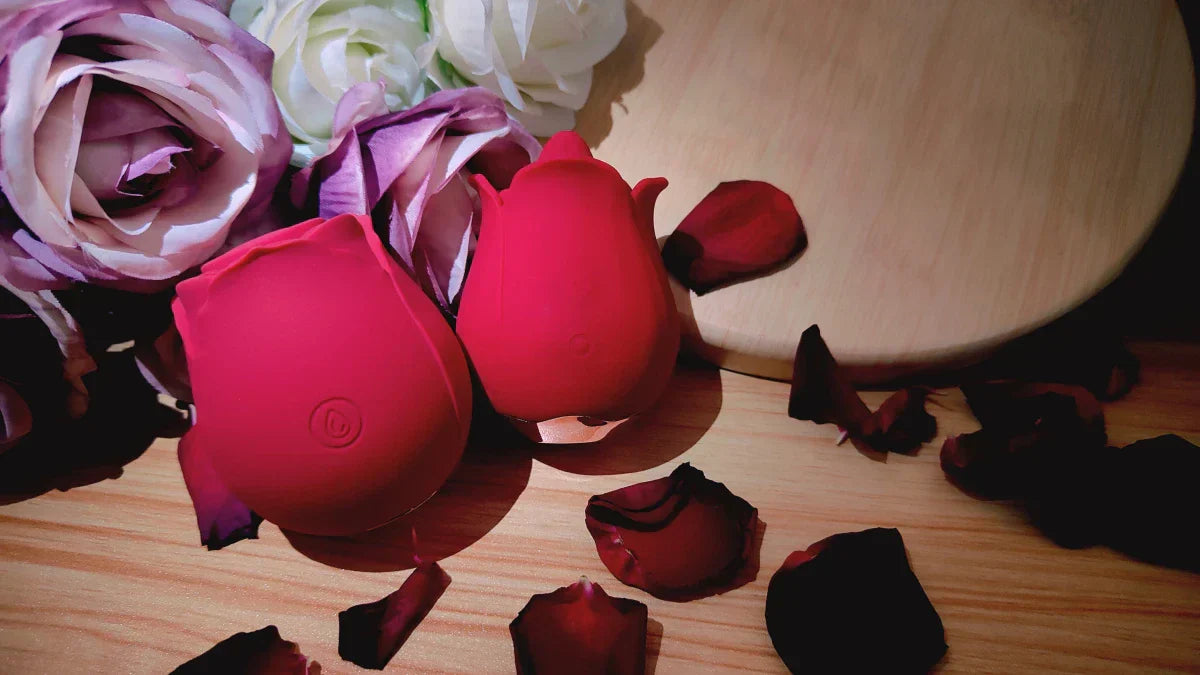The realm of human sexuality is as diverse as it is fascinating, offering a gateway to pleasure, exploration, and profound connection. Sex not only fosters intimacy with others but also unveils a deeper understanding of oneself. It's an avenue for creative expression, mood elevation, and an all-encompassing sense of well-being. However, amidst life's myriad commitments, one crucial facet often neglected, especially for women, is the fluctuation in libido.
A waning libido can be disconcerting, as it impacts one's sense of self and overall satisfaction. While life's complexities, such as parenthood, work, and travel, can challenge sexual frequency, an underexplored factor contributing to the decline in women's sex drive is the shifting nature of libido. Fortunately, for those grappling with low libido, there are pathways to rejuvenation, including the possibility of libido-increasing medications. Curious to explore these options?
Understanding the Dynamics of Women's Libido: Women and those with female bodies experience a cascade of physiological changes over their lifetimes, from menstruation and pregnancy to menopause. These shifts, while often magical, can also introduce challenges like mental health issues, diminished energy levels, and a decrease in libido.
A multitude of factors can influence low libido in women
Menopause
Mental health disorders (e.g., depression, anxiety)
Certain medications (e.g., hormonal birth control, antidepressants)
Health conditions and diseases
Pregnancy and lactation
Relationship difficulties
Reproductive health disorders (e.g., vaginismus, endometriosis)
As evident, various elements can impact sexual desire. The encouraging news is that change is possible. Options abound!
Determining Eligibility for Libido Medications
Libido-enhancing medications may benefit individuals struggling with persistent low sex drive. Female Sexual Interest/Arousal Disorder (FSAID) characterizes chronically low libido in women, particularly those in the perimenopausal and postmenopausal phases. Studies suggest that 3.3% of individuals aged 18-44 and 7.5% of those aged 45-64 experience FSAID.
Older populations often resort to libido medications, influenced by both physical health concerns and prescribed medications that can dampen sexual desire. Regardless of age, everyone deserves a fulfilling sex life aligned with their desires.
Exploring Libido-Boosting Medications
Available options for libido enhancement vary by country. Two commonly prescribed medications for women are Flibanserin and Bremelanotide.
Flibanserin, marketed as Addyi, targets premenopausal women with low libido. Taken once nightly, potential side effects include dizziness, nausea, fatigue, and low blood pressure.
Bremelanotide, known as Vyleesi, is administered via injection and is also intended for premenopausal women. Self-administered in the abdomen or thigh before sexual activity, side effects may include nausea, vomiting, headache, and localized skin reactions.
Hormone Replacement Therapy (HRT), commonly used during menopause, regulates energy levels and addresses osteoporosis, thereby potentially boosting libido. HRT can alleviate vaginal dryness, atrophy, and enhance sex drive. Non-menopausal individuals with conditions like thyroid disorders, PCOS, and ovarian cancer might also benefit from HRT.
Exploring Natural Approaches
While medications are a viable option, natural remedies and lifestyle changes can also enhance libido. Consider these holistic approaches:
Include libido-boosting foods: Oysters, bananas, chocolate, and figs.
Explore libido-enhancing herbs: Maca, shilajit, and damiana.
Address underlying mental and physical health concerns.
Manage stress levels.
Experiment with new experiences in your sex life such as, try inya rose toy.
Avoid smoking and moderate alcohol intake.
Foster open communication with your partner.
Enhance intimacy through bonding activities and mindfulness.
Holistic Healing: Medication and natural remedies aren't mutually exclusive. Holistic well-being considers all factors influencing libido, embracing pharmaceuticals, couples therapy, physical activity, and stress management.
A Personal Journey
Opting for libido medication is a deeply personal choice. While such medications can invigorate your sex life and relationships, potential side effects must also be acknowledged. Experimenting with lifestyle changes before resorting to pharmaceuticals is a prudent approach. Ultimately, your body's needs and preferences should guide your decision. Consultation with an OB/GYN can provide tailored guidance on the next steps.
In the quest to reignite one's libido, remember that understanding, compassion, and open communication are essential. Your journey towards embracing your sensual self is a voyage of empowerment and self-discovery, a journey that only you can navigate with grace and wisdom.
READ MORE
1.How does sexual arousal change during the menstrual cycle?
2.Something about “Period Sex”.
3.Embrace the Flow: A Guide to Enjoying Period Sex






